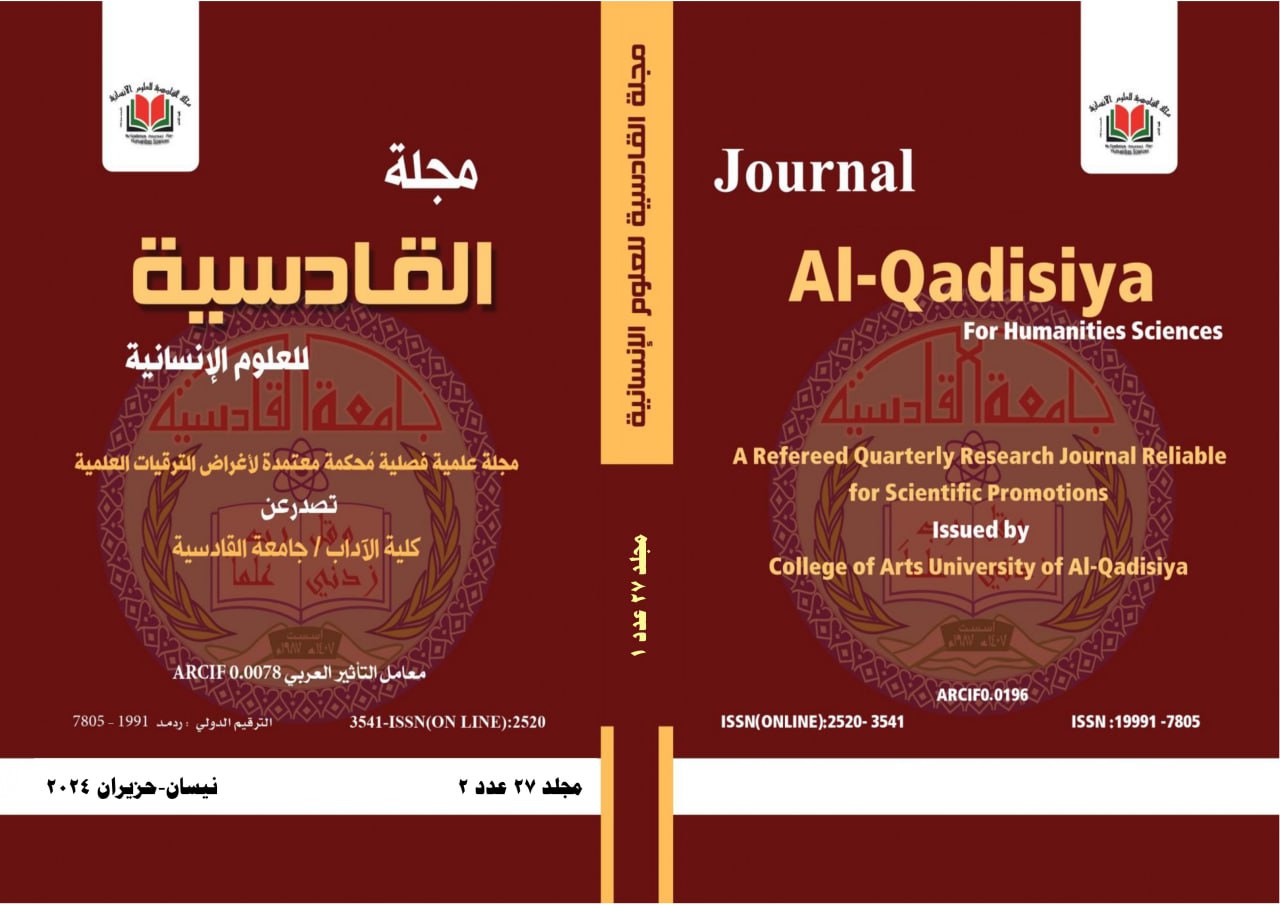Abstract
Many linguists have asserted that language cannot be described adequately apart from meaning, since meaning is necessary in the very nature of language ( Mackey, 1965:72-3 ).
A meaning of a word is difficult to grasp because it may change from one situation or context to another.
Mason and Kendall ( 1979:27 ) claim that much of the failure of the individual to understand speech or writing is due to deficiency in vocabulary knowledge. It is not merely the knowledge of single words and their extended meanings that is important, but also the knowledge of the multiple meanings of words and their grammatical functions. From the researchers’experience, they believe that the textbooks ( Developing Skills and Sixty Steps to Precis ) for both the first and second grades at the College of Education do not lay heavy emphasis on presenting polysemous words. In every unit the same type of exercise dealing with this phenomenon is presented. Consequently, teachers in Iraqi colleges, in general, are hardly ever offered guidance on how to teach these words with their extended meanings and they do not rely on a solid background concerning this important aspect in ELT. On the other hand, learners may know only one meaning or nuance and they may not be aware of the various meanings of many such words; this may contribute directly to reading comprehension problems.
A meaning of a word is difficult to grasp because it may change from one situation or context to another.
Mason and Kendall ( 1979:27 ) claim that much of the failure of the individual to understand speech or writing is due to deficiency in vocabulary knowledge. It is not merely the knowledge of single words and their extended meanings that is important, but also the knowledge of the multiple meanings of words and their grammatical functions. From the researchers’experience, they believe that the textbooks ( Developing Skills and Sixty Steps to Precis ) for both the first and second grades at the College of Education do not lay heavy emphasis on presenting polysemous words. In every unit the same type of exercise dealing with this phenomenon is presented. Consequently, teachers in Iraqi colleges, in general, are hardly ever offered guidance on how to teach these words with their extended meanings and they do not rely on a solid background concerning this important aspect in ELT. On the other hand, learners may know only one meaning or nuance and they may not be aware of the various meanings of many such words; this may contribute directly to reading comprehension problems.
